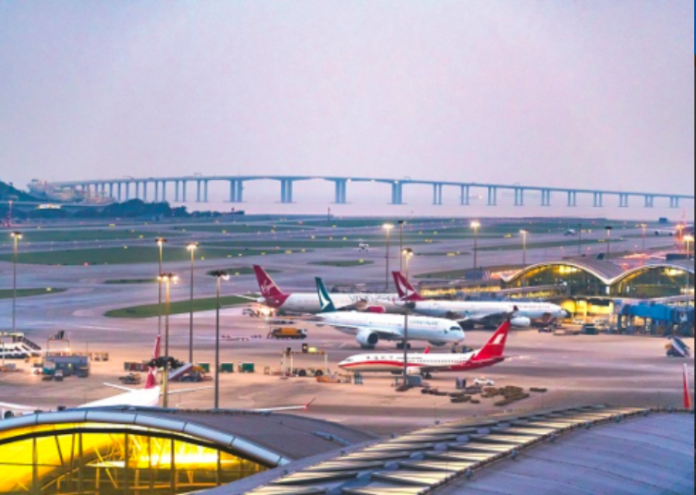The Airport Authority Hong Kong chose Solace to develop the Internet of Things (IoT) platform for Hong Kong International Airport (HKIA), which can use real-time data to enhance airport operations efficiency and passenger experience.
The adoption of Solace’s event broker technology has enabled critical real-time data flow between the airport’s connected devices and vehicles, preparing HKIA for the full integration of its physical and digital operations.
“Transforming legacy software into individual microservices is a mammoth task that is extremely resource-intensive,” said David Fung, co-founder E Tag Solution and Services, the systems integrator overseeing the implementation of HKIA’s IoT platform.
“The ease and speed with which Solace’s technology can be deployed made it the ideal solution to fulfill HKIA’s real-time IoT data movement needs,” said Fung.
With Solace’s technology, HKIA will optimise data from IoT devices to support initiatives such as real-time equipment location tracking, and predictive maintenance on assets and buildings for different airport business units.
By enabling the collection, filtration, and flow of real-time information between IoT devices and back-end systems, Solace will help HKIA manage assets more effectively, improving airport operation efficiency and enhancing passenger services.
Andy Bien, CIO of Airport Authority Hong Kong, said that a secure, scalable messaging backbone will play a critical role in revolutionising our operations and the overall passenger services, reinforcing our commitment to provide a pleasant and unique airport experience to our passengers as a world-class airport.”
Sumeet Puri, chief technology solutions officer at Solace, said they were supporting HKIA’s real-time digital transformation goals at a time when customers are increasingly demanding real-time responsiveness and hyper-personalised services.
“Connected devices can expand the possibilities for new experiences and business models, but only if complemented with an event-driven approach that ensures low-latency and high-volume IoT message brokering,” he said.
















